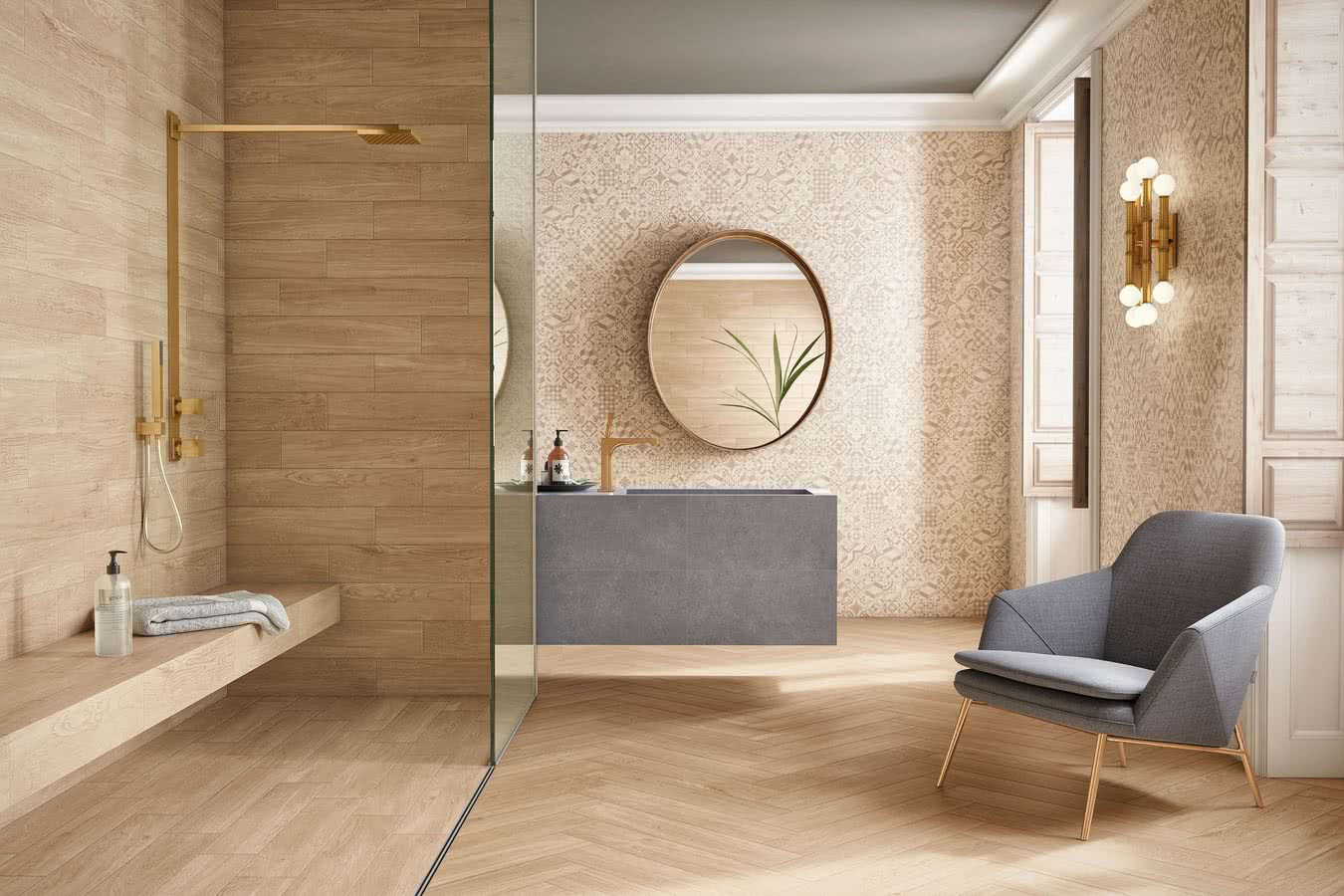Quite a few new homeowners are at a loss as to the best option for their home flooring – marble or porcelain tiles. This is for three main reasons:
- They are not sure what exactly the difference is between the two flooring options.
- They are not aware of the maintenance required by the different types of tiles.
- They do not know what type of tile is right for their style and lifestyle.
- In this situation it is better not to let the professional try to push you a certain type of tile, but to ask him to provide you with information that will allow you, as the homeowner, to make an informed decision.
Here are some key factors to keep in mind when deciding which flooring to use for your home.
Advantages and disadvantages of porcelain tiles
Benefits
Porcelain tiles are special ceramic tiles made of porcelain, which have come a long way in terms of their design and some look like any other natural stone.
The porcelain tiles are compact and very strong. The weight of the porcelain tile can be an indication of its quality. Porcelain tiles are resistant to frost, stains, scratches and moisture.
Porcelain tiles do not crack or crack easily. Their finish is hard and contributes to the tiles being resistant to harsh detergents, stains and fading. The porcelain tiles are very easy to clean and they last for many years.
Real marble tiles are spectacular, beautiful and unique. We have never found two marble surfaces that look exactly the same. Marble flooring is heavier than porcelain and it gives a feeling of splendor to the space.
Marble is very versatile. The marble can be used for flooring all parts of the house, including the living room, dining room or hallway.
Marble tiles also have a health benefit – they are a natural stone that can keep microscopic particles and bacteria away if they are maintained and cleaned properly.
Disadvantages
Porcelain tiles are cold and hard until there are orthopedists who believe that walking on these floors can cause unnecessary pressure on the joints.
Some types of porcelain tile may be more difficult to clean than marble flooring, depending on the texture and finish – rough or smooth.
An additional disadvantage can arise in the case of cracking of the tile. Ironically it is usually easier to repair natural stone than porcelain tiles that are usually unrepairable and need to be replaced.
Advantages and disadvantages of marble flooring
Like other stone tiles, marble also involves high maintenance requirements. Since it is a porous material, it can be stained and scratched quite easily.
If you spill some coffee or orange juice on the floor, it can ruin the new marble surface. In this situation you will need to hire a professional to take care of the stains and restore the floor to its previous beautiful appearance.
There are not many products for cleaning stains on marble. Therefore, even before buying, it is recommended to consult a professional who will help you choose the right marble stone for your lifestyle and will provide you with advice on the necessary maintenance of the stone you choose.
Obviously, in the end, the choice is yours, but in order to make an informed decision, it is important to have the right information.


